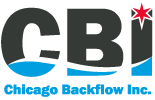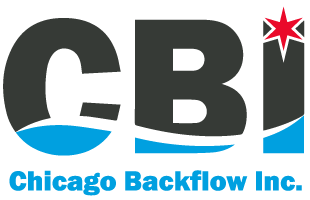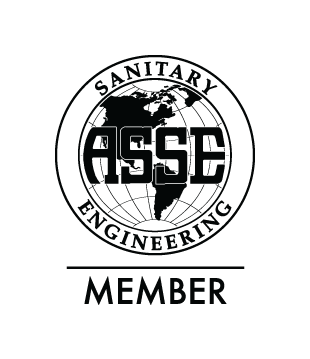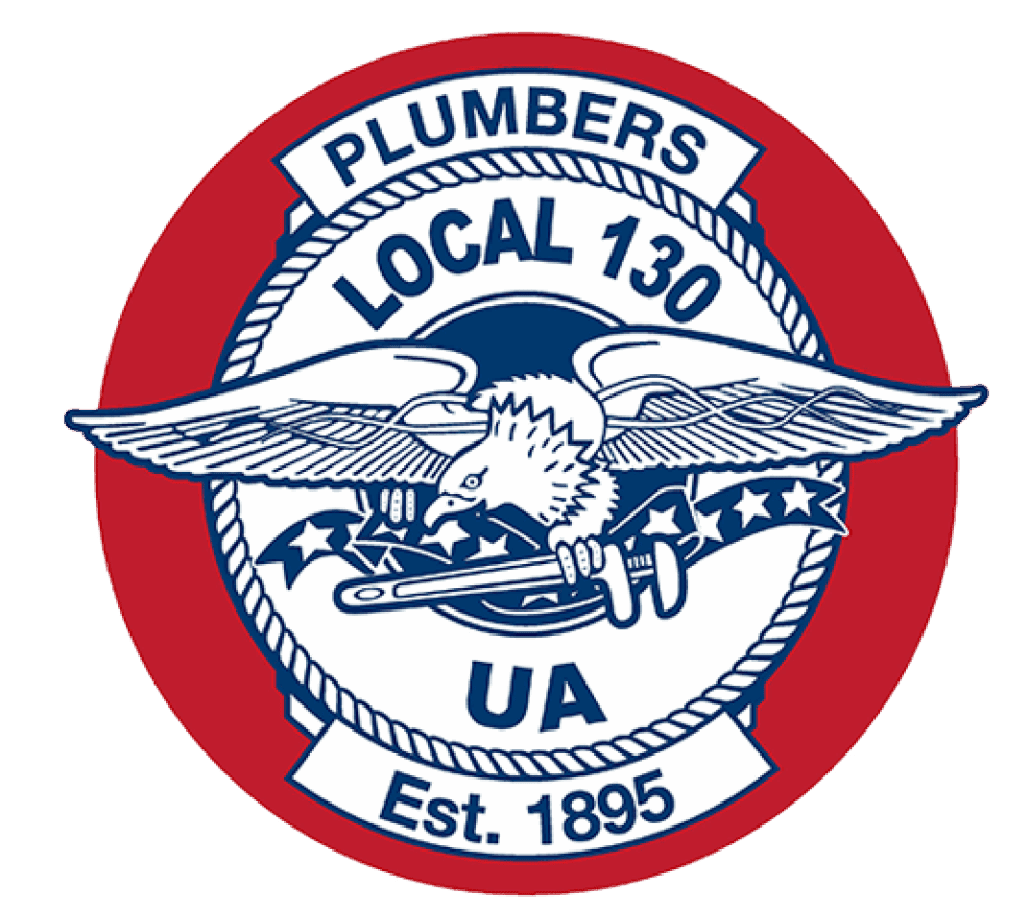Downers Grove Backflow Testing
Trusted Backflow Testing Near You in Downers Grove, Illinois
If you are a resident or business in Downers Grove, Illinois, backflow testing is required by the Village of Downers Grove to ensure the safety of your drinking water. Whether you have a single backflow assembly or multiple assemblies, our backflow specialists can tailor a plan that perfectly fits your needs and budget. With over 40 years of experience servicing the greater Chicago, Illinois, and Northwest Indiana areas, you can count on Chicago Backflow for all your commercial or residential backflow testing, repair, installation, and emergency needs. Give us a call today at 708.389.5600 to get started!
Residents and businesses in Downers Grove, Illinois, can rely on our annual backflow testing service to ensure their property remains compliant with Downers Grove’s backflow regulations. Our inspectors are the best in the business, and we are available 24/7 to answer any questions or concerns. Whether you need backflow testing, repairs, installations, or an emergency response, contact us today to schedule a test or obtain more information.
Call 708.389.5600

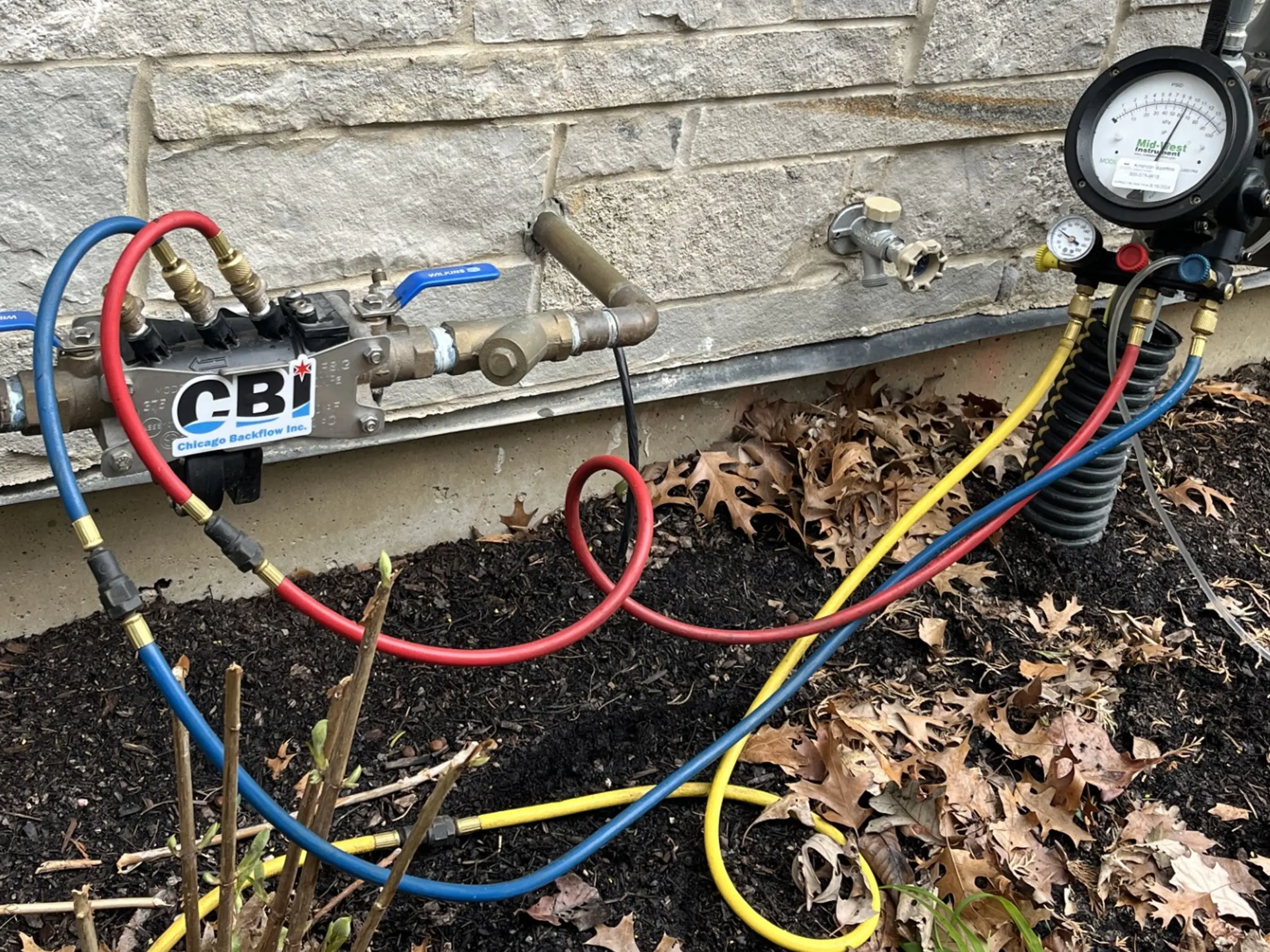
Why Is Backflow Testing Important?
Backflow testing ensures your property’s water system is protected from contamination. Backflow happens when water reverses direction due to pressure changes, allowing potentially harmful substances to enter the water supply.
This can occur if:
- A water main breaks
- Firefighters open multiple hydrants
- Irrigation systems, hose connections, or storage tanks experience pressure loss
To prevent this, backflow prevention devices are installed on water lines. During a professional test, our licensed technicians:
- Uses backflow test gauge to test each component according to set standards in Illinois
- Inspect all valve components for correct operation
- Ensure the device is clear of debris. If it is not, the inspector will clean components thoroughly.
Downers Grove requires these devices to be tested annually by a licensed backflow tester, and results must be submitted to the city to maintain compliance.
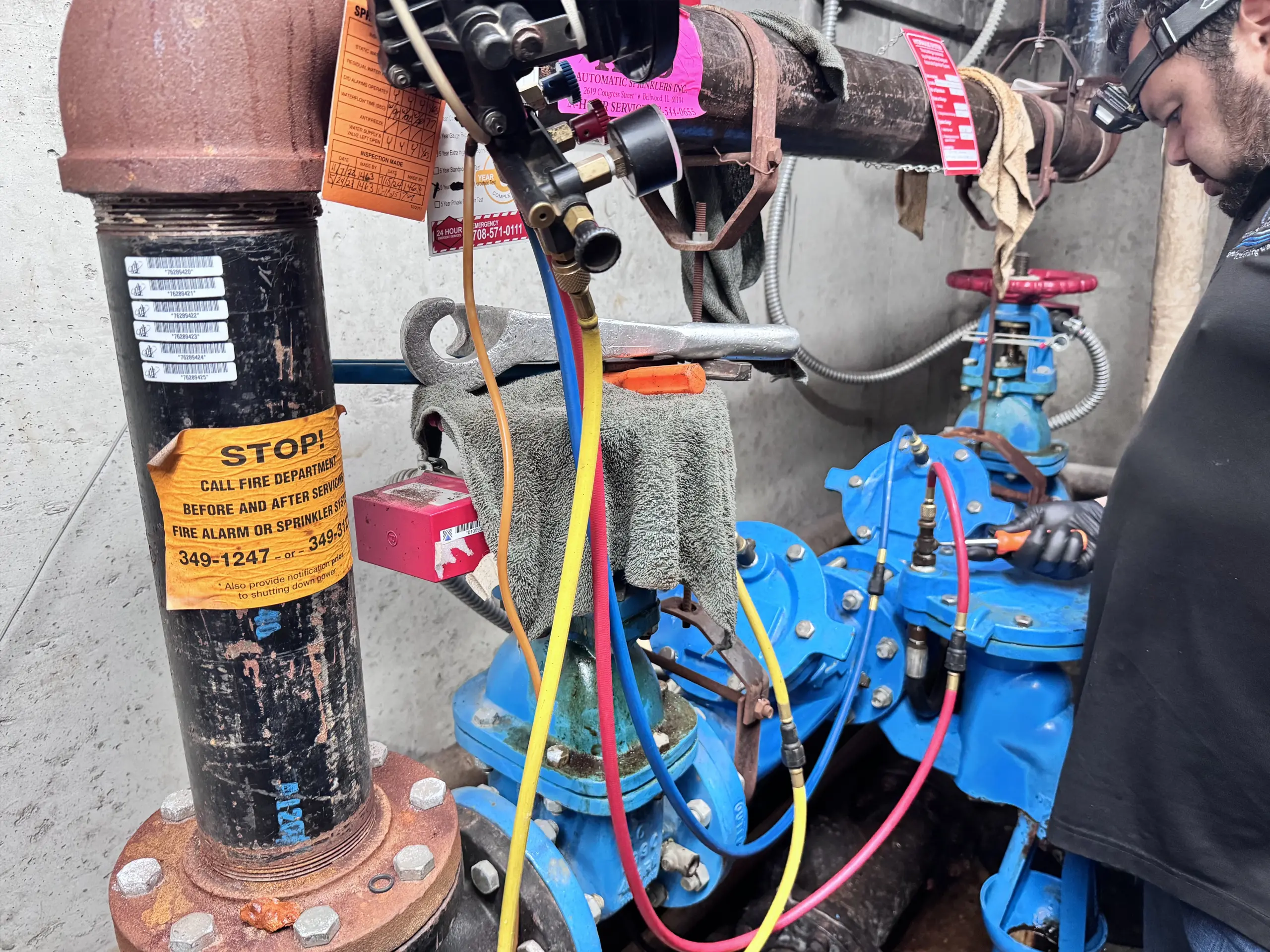
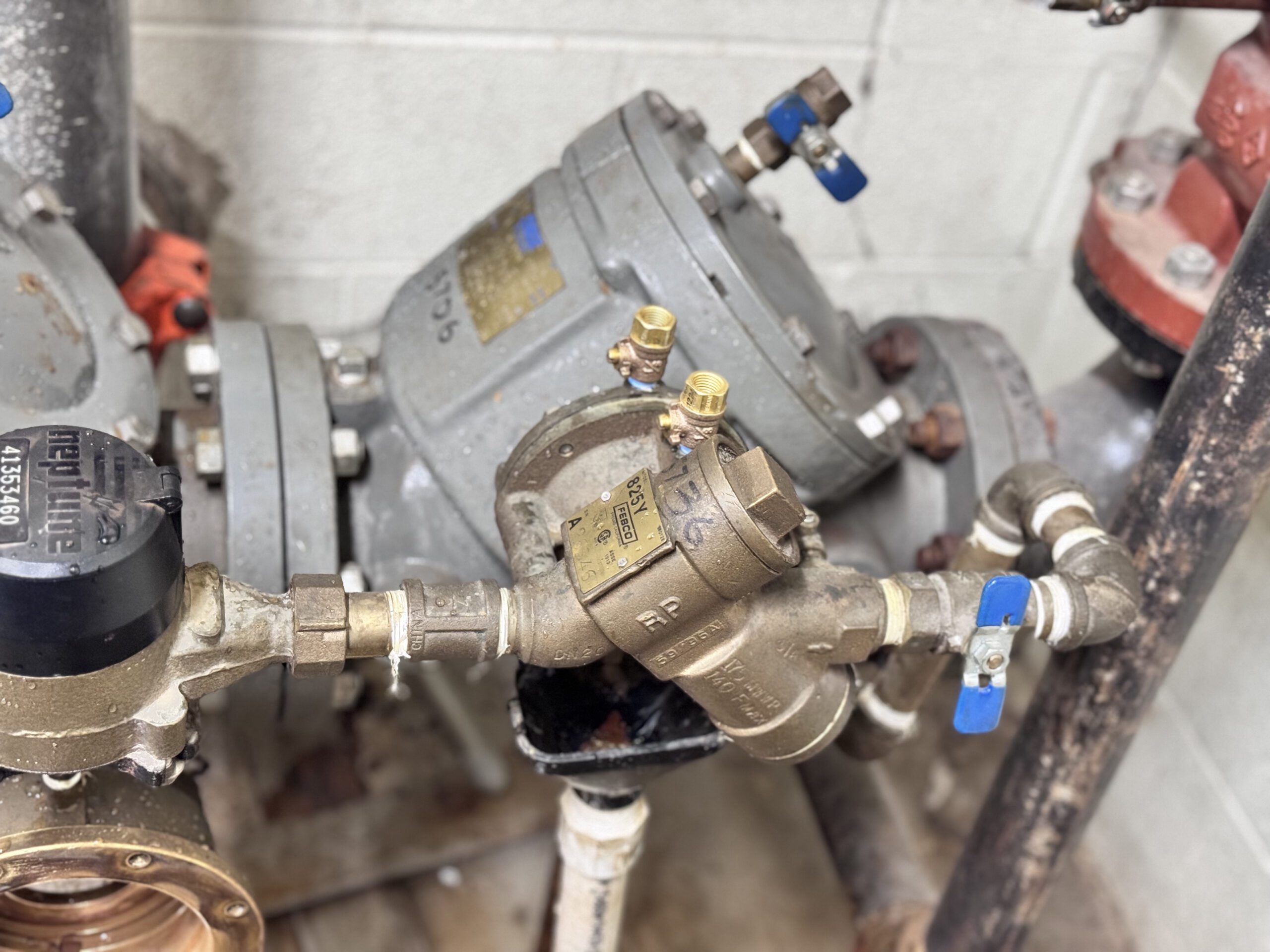
What Is A Cross-Connection?
A cross-connection is any actual or potential link between your drinking water system and a source of contamination. This could include:
- Garden hoses submerged in buckets or pools
- Irrigation systems
- Chemical tanks
- Fire sprinkler systems
Contaminants can flow backward into your clean water supply without a proper backflow prevention device, creating a serious health risk.
Downers Grove ordinances require businesses and facilities with cross-connections to test backflow devices annually, helping to protect you, your employees, and your customers.
